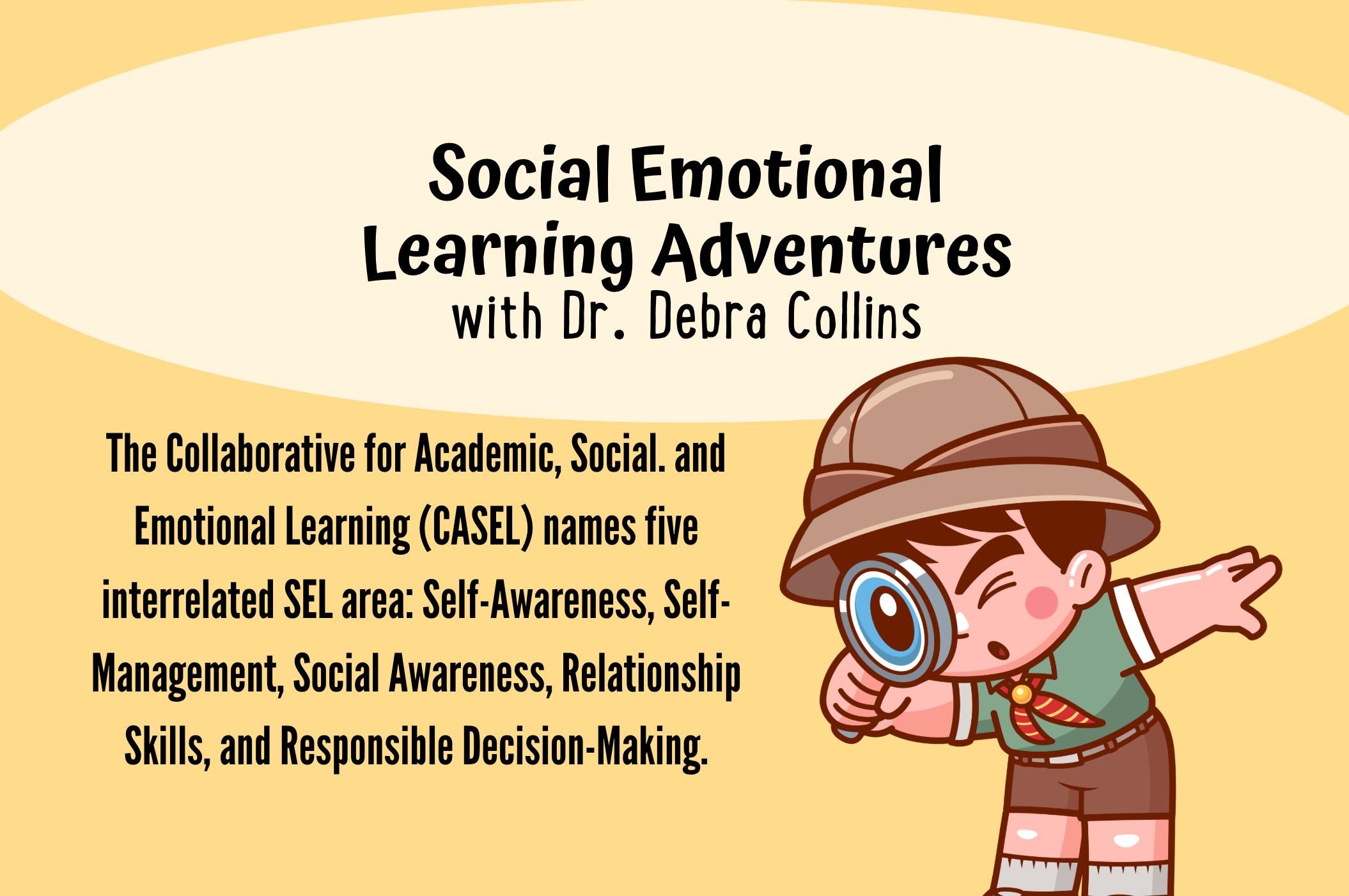|
Forming a group, by definition, involves making many into one. It’s a unit made up of multiple, non-identical elements. For the group to run smoothly, the purpose or expectations of the unit must accommodate dissimilarity at the individual level. The differences enrich the group, rather than disrupt it, when everyone feels they fit in.
Children often find themselves placed in groups they did not choose. What happens to a child whose differences are beyond the foundational assumptions of the group? Helen H. Wu explores this beautifully in LONG GOES TO DRAGON SCHOOL, the story of an Eastern dragon attending a school in the West.
On the first day of school, Long’s teacher explains that they will practice using their fire breath to cook food. Then everyone will enjoy a class picnic! Long realizes that everyone assumes he shares an ability they have, but he lacks.
Since everyone believes Long has fire-breathing ability, he has not encountered prejudice or rejection. Long’s anxiety arises solely from his strong desire to fit in. Long is facing a challenge within the Social-Emotional area of Self-Awareness. His personal identity is a water-breathing dragon, and the social context expects fire-breathing. It seems impossible for Long to be true to himself and also be a valued member of this group. At first, Long hides his difference. While his fire-breathing classmates try to roast potatoes without scorching and charring them, Long makes it look like he is having the same problem. Showing the teacher a potato he brushed with dark paint, he tells her, “Oops! My potato burned!” In the hope he can develop fire-breathing ability before the picnic, Long experiments with various strategies: meditation, drinking hot tea, eating spicy food, and so on. Of course, nothing works. By the time of the picnic, Long’s unsuccessful efforts to breathe fire have damaged his self-confidence. While his classmates heat, grill, and toast foods, Long stares mournfully at the pumpkin he is meant to roast. He sees his water-breathing capability as a deficiency that will disappoint the group. At this point, Long summons the courage to accomplish another aspect of Self-Awareness: demonstrating honesty. He nervously confesses and apologizes for his difference. Long’s revelation puts the spotlight on his teacher, his classmates, and the Social-Emotional area of Social Awareness. Can Long’s teacher and classmates understand and empathize with him? Can they assimilate Long's difference, finding its positive aspects? Long’s teacher and classmates model optimal responses to Long’s difference. They have never heard that Eastern dragons breathe water, not fire. This is an exciting discovery! Long’s ability is not a detriment, but a new resource. Now they can steam foods, as well as roast them! The picnic will be even better. With new confidence, Long revises his Self-Awareness. What he thought was a deficiency is an asset. Via successful steam-cooking, he experiences self-efficacy along with his classmates. Despite his uniqueness, Long does fit in. LONG GOES TO DRAGON SCHOOL models Social-Emotional Learning through Long’s perceptions and actions and those of his teacher and classmates. Ultimately, Long fits in via a combination of being true to himself and his social group finding value in his difference. There’s a place for both Fire and Water in the world. In Long’s Dragon School, that place is Together.  Find Debra here:
Website: www.thewritedebracollins.com Bluesky: https://bsky.app/profile/thewritedebrac.bsky.social Linked In: https://www.linkedin.com/in/debra-collins-258706221 |








